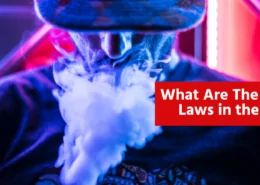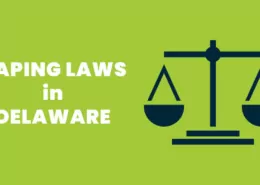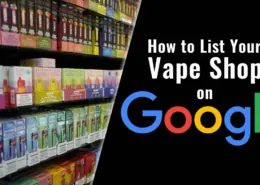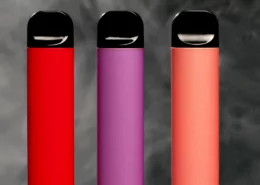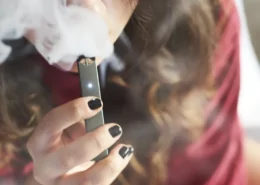Study Reveals Vape Taxes Impact Underage Vaping
A recent study from the Cornell SC Johnson College of Business has shed light on the potential impact of e-cigarette taxes on underage vaping. The study, titled “Smoke and Mirrors: Impact of E-cigarette Taxes on Underage Social Media Posting,” was conducted by Vrinda Kadiyali, professor at the Samuel Curtis Johnson Graduate School of Management, and Piyush Anand, assistant professor at the Jones Graduate School of Business at Rice University.
Cutting Through the Data Barrier
The researchers aimed to overcome the challenge of obtaining data on underage vaping by analyzing Instagram posts from 2016 to 2018. They focused on the period before and after the introduction of a tax on vaping products in California, hypothesizing that a decrease in vaping-related posts, particularly from underage users, could indicate the tax’s effectiveness in reducing youth vaping.
Instagram was chosen as the platform for analysis due to its popularity among individuals under 21. By examining user-generated content, the researchers could gauge the prevalence of vaping, especially among underage users, as their posting behavior could serve as a proxy for consumption behavior.
Harnessing Neural Networks and Deep Learning
To analyze the vast amount of Instagram data, Kadiyali and Anand employed neural networks and deep learning models. These advanced techniques allowed them to extract valuable information from the images, such as the age, gender, and race of the individuals featured.
The study revealed that in the six months following the implementation of the vaping tax in California, there was a notable decrease in the number of vaping-related posts by underage users. However, this reduction was short-lived, with posting behavior returning to pre-tax levels after the initial six-month period.
Implications for Policymakers and Managers
The findings suggest that while taxation may have an initial impact on curbing underage vaping, it may not be a sustainable long-term solution unless vaping companies and other newer tobacco delivery companies commit to protecting young people from the dangers posed by their products.
“Managers of vaping products may want to pay close attention to our findings and think about how they can support higher taxes on vaping products to help protect young people,” Anand said. “They should also consider monitoring social media to see if their products are being used by underage people and develop strategies to reduce it.”
The researchers emphasize the importance of regulators, such as government officials, designing taxes that maximize the impact on reducing underage vaping. They also recommend monitoring social media platforms to assess the effectiveness of implemented policies.
The Need for Continued Research
While the study provides valuable insights into the potential impact of e-cigarette taxes on underage vaping, the researchers acknowledge that more work needs to be done to develop comprehensive solutions to protect young people from the dangers of vaping.
“Our research shows that taxing vaping products could help reduce vaping among young people, but it’s not a perfect solution,” Kadiyali said. “We need to keep studying the issue and coming up with new ideas to protect young people from the dangers of vaping.”
As public health concerns surrounding e-cigarettes continue to grow, particularly in relation to underage use, studies like this one play a crucial role in informing policymakers and managers about the potential impact of interventions such as taxation. By harnessing the power of social media data and advanced analytical techniques, researchers can provide valuable insights into the complex issue of youth vaping and contribute to the development of effective strategies to address this pressing public health challenge.



